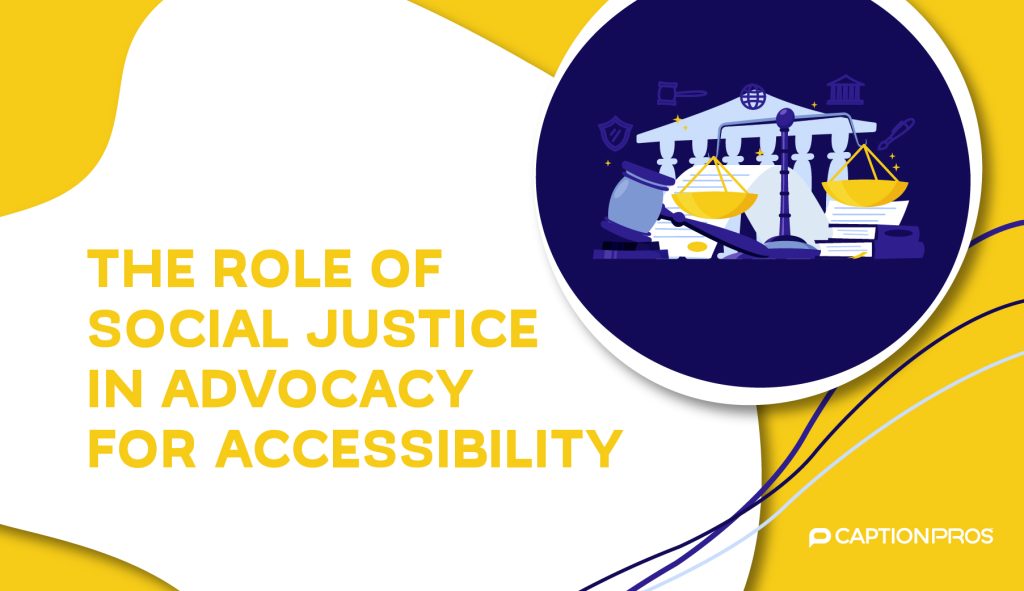The Role of Social Justice in Advocacy for Accessibility
Social justice can be defined as the notion that all individuals deserve equal economic, political, and social rights. As well as access to the same opportunities. Doors of opportunity often depend on someone’s financial background, skin color, and gender. Also, how “abled” they are plays a role, in the sense that they can perform all mental and physical tasks to the same extent as the average person. Those with physical or cognitive disabilities often lack the same opportunities as others.
Accessibility & the law
One reason is that their labor is valued less by society, and they are not protected by law to receive the same treatment as other workers. Despite being an active form of discrimination, the poor treatment of disabled workers is continuously justified by an 80-year-old law regulation known as 14(c) of the Fair Labor Standards Act. The act legalized subminimum wage and can sometimes reduce the paycheck of disabled individuals to mere pennies. It rationalizes itself by stating that disabled workers are not up to par with standard production, thus earning less for the employers. You can read more about this in the 2012 National Council on Disability report.
The mere act of getting hired also poses a challenge for those with visible disabilities. They are less likely to acquire positions in which they engage in face-to-face customer service or serve as a representative for the company image. Social justice aims to eradicate these barriers as we become more accepting and aware of our internal biases.
The future of social justice
What could victory and true social justice look like in the future? It would include equal employment rates for people with disabilities, equal wages, guaranteed accommodations, and access to captioning. Above all else, eliminate the preconceived notions that cause these disparities in the first place. We should not view those differently-abled as less capable of completing their job tasks. We need to be comfortable with people’s differences rather than averting our eyes to how they require accommodation. A future where disabled individuals are protected might even include implementing diversity hire laws in which they have secured a place in the workforce.
Four principles
Four principles of social justice that are integral to its survival include; equity, access, participation, and rights. What does this mean for captioning? Equity means reaching out to marginalized communities and demographics and providing them with accommodations and opportunities they need to succeed at the same level as their non-disabled peers. The efforts should result in an equal outcome and provide everyone with the resources they need to live fulfilling, uncompromised lives. Access involves the ability to digest the resources available. For instance, a resource meant to help people means nothing if they cannot afford it, read it, find it in their region, or if the resource is spread too thin to accommodate the population.
Captions allow people to access the information they usually wouldn’t and participate in essential conversations. That is why the world needs captions to be widely available – it should be the norm in every environment, which is also why we need more captioners. So there you have it; captioning fulfills three of the four fundamentals of social justice.
Social justice at Caption Pros
Social justice holds specific values such as the equal worth of all citizens that are integral to Caption Pros’ founding. We aim to erase these unjust inequalities interwoven into our society and encourage everyone to engage in the personal responsibility of working with others to correct the institutions that were only built for the non-disabled. While societal change can seem like a prolonged process, it has made significant transformations through community effort and even has changed laws and public policy for the better. Without social justice movements, labor regulations, civil rights, and women’s suffrage would not exist. It has coincided with significant strides in human rights developments. Captions are not a small and simple feature but a piece of a much larger picture in which all humans are valued.
Visit Caption Pros to learn more about our award-winning captioners and services.







